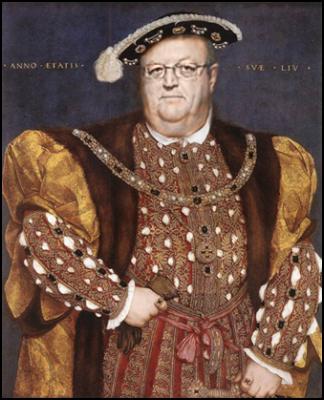Dear ACT Party Leaders,
As you may know, I was brought up in Wanganui, and keep an eye on events there. So it was with great interest that I received the below letter, published in the Wanganui Chronicle on 8 July 2011.
ACT’s announcement of the second ‘Don’ in the ‘Don and John’ lineup today was well-received, and if I may be so bold as to say so, I think the author of this letter also has a lot to bring to their table. I quote it in full:
Taniwha real
In reply to Dusty Miller (letters, July 1), I’m not one of those experts, but I do believe the taniwha to be real, not imagined, and I’ll tell you why.
Perhaps the ancient Celts of New Zealand may never have known war or possessed weapons, as prior to Maori being brought here by Zheng He New Zealand had never been threatened internally nor externally and there was no need.
However, New Zealand was visited by Viking ships and Scottish birlinns (a birlinn is similar to a Viking ship) which used to trade with resident Celts. The sailors of these vessels were fierce, battle-hardened warriors with far superior weaponry and military discipline compared with Maori.
As the bow and stern design of these ships is similar to the head and tail of the taniwha, I could well imagine that the sight of them would strike paralysing fear into the heart of any Maori confronted by them, and for this reason I believe the taniwha represents these ships.
Believing this to be the truth of the taniwha, I would not think these ships could be found in a small creek or marshland because of their size.
Taniwha artwork is yet another example of Maori following the culture of those who came here before them, the Celts.
IAN BROUGHAM
Wanganui
I believe Mr Brougham’s Qualifications for Candidacy are Strongly Evident in this Letter. It provides a striking yet unconventional Insight into New Zealand history, weaving back together the varied strands of the rich Tapestry of our origins which Revisonist Historians who hate their own Culture have spent hundreds of years unpicking. In particular, he illustrates comprehensively how Maori, far from being Indigenous, were simply the first wave of Hostile Asian Immigrants to these fair shores. He shows due respect for our Noble Celtic Elders, who were clearly Men who thought like Men, and he recognises their manifest superiority over the Maori, in Warfare, Navigation, Art, and undoubtedly in other Fields as well. Despite his modest claim to not being an Expert, he is clearly Learned, but this does not prevent him Sharing his bountiful wisdom with others, as Readers can see by his patient Explanation of what a ‘birlinn’ is.
Furthermore, Mr Brougham has confirmed himself to be of Sound Mind regarding other crucial policy topics of our Time — protesting strongly against the ‘h’ being forced into ‘Wanganui’ by those same forces of Revisionism, and against the Emissions Trading Scam, by supporting the Endeavours of that noble veteran of the ACT ranks, Muriel Newman — herself also a believer in the undeniable Truth of New Zealand’s Celtic Settlement, and who herself certainly thinks like a Man.
Moreover, Mr Brougham already has more than a Decade’s political experience, having stood under the mighty Equal Rights banner in local body Elections, and for the OneNZ Party (a Sister to the redoubtable One Nation party in Australia) at the National Level. Indeed, while the 0.67% of the Vote he received in the 2005 General Election is unjustly low, it is similar to what the ACT Party is presently polling.
As one final thing, everyone knows that to succeed in politics you need a strong Hand. With the unfortunate departure of John Ansell, ACT presently has Two Pair — Don Brash and Don Nicolson, John Banks and John Boscawen. As everyone knows, Two Pair is a strong Hand, but not strong enough to ensure Victory. Adding Mr Brougham would restore ACT to Full House status, giving the party a Hand that could only be beaten by Four of a Kind (which I think we can all agree is unlikely); or a Smith & Wesson which, as the lore of our American brethren confirms, even beats Four Aces (this is also unlikely because the Liberal Culture-Hating Revisionists are too afraid to permit Noble Celts from arming themselves against Tyranny). Mr Brougham would complete the Full House because, as you wise Celts of the ACT leadership are surely aware, “Ian” is simply a Celtic rendition of “John”.
Mr Ian Brougham is well Qualified to join the Great ACT party, and he has the courage to speak Truth to Power. New Zealand needs him to return it to Celtic Glory. Nevertheless I must state I have not Approached Mr Brougham to ascertain his Willingness to stand for ACT, an exercise I shall leave to the ACT Leadership.
Trusting that you will consider this Recommendation with all the Gravity it deserves,
L


